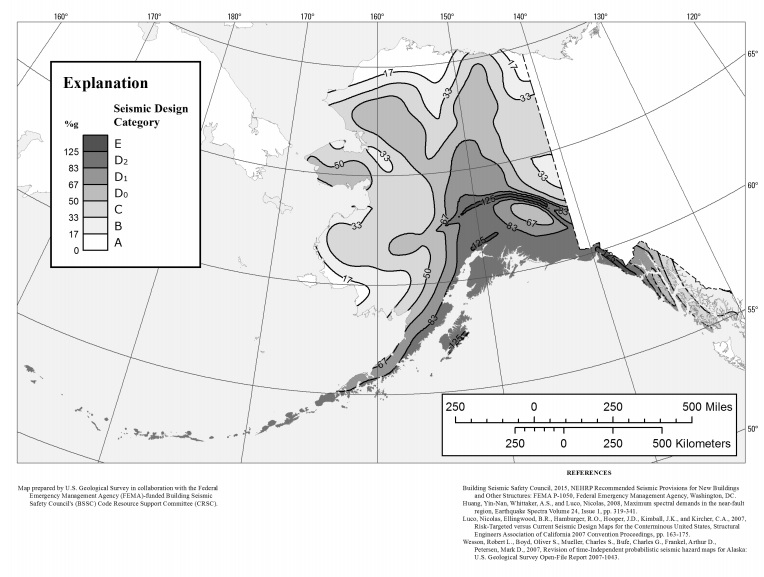
Note that when looking for commercial stair standards, one must look at the International Building Code (IBC). Several components are looked at such as stair width, headroom, riser and tread heights. When it comes to residential stair standards, the 2018 International Residential Code (IRC) establishes minimum requirements for stairs to insure a level of safety to the public.

There shall be a clear space of 1 1/2 inches between a handrail and a wall or other surface.Handrails within a dwelling unit that is not required to be accessible need extend only from the top riser to the bottom riser.The following is an exception to these requirements. At ramps where handrails are not continuous between runs, the handrails shall extend horizontally above the landing 12 inches minimum beyond the top and bottom of ramp runs.

Handrails shall return to a wall, guard or the walking surface or shall be continuous to the handrail of and adjacent stair flight or ramp run. Handrail brackets or balusters attached to the bottom surface of the hand rail that do not project horizontally beyond the side of the handrail within 1 1/2 inches of the bottom of the handrail shall not be considered obstructions.Within a dwelling unit, the use of a volute, turnout or starting easing is allowed on the lowest tread.Handrails within dwelling units are permitted to be interrupted by a newel post at a stair or ramp landing.Handrails shall be continuous for the full length of stairways and ramps unless specifically exempted by one or more of the following exceptions.

The handgrip portion of handrails shall have a smooth surface with no sharp corners. Edges shall have a minimum radius of 0.01 inch.

If the handrail is not circular, it shall have a perimeter dimension of at least 4 inches and not greater than 6 1/4 inches with a maximum cross section dimension of 2 1/4 inches. The handgrip portion of a handrail when circular in shape shall have an outside dimension not less than 1¼ inches and not greater than 2 inches or the shape shall provide an equivalent gripping surface. The height of handrails is measured from the stair tread nosing, or the finished surface of a ramp slope and shall be uniform, not less than 34 inches and not more than 38 inches.


 0 kommentar(er)
0 kommentar(er)
